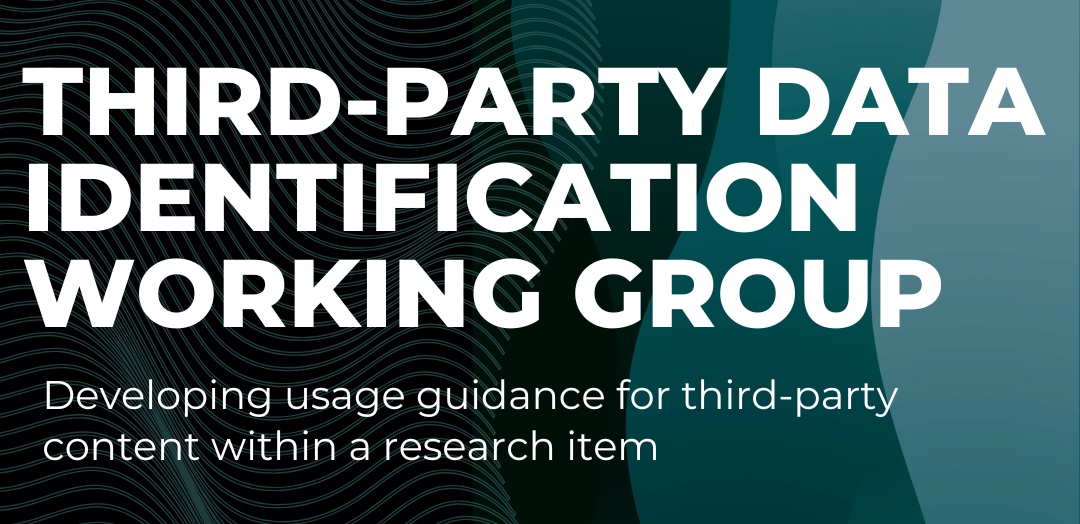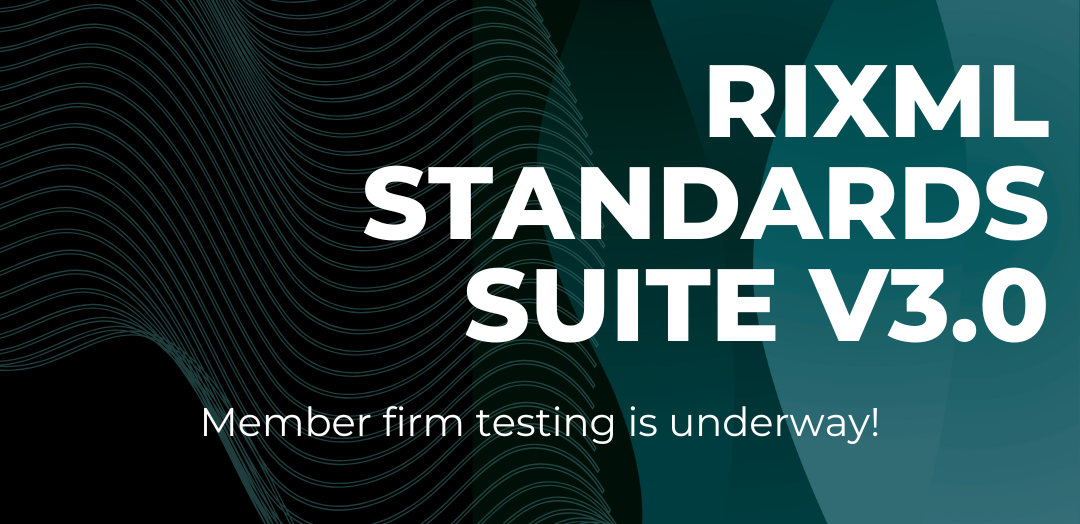We have compiled a number of scenarios that highlight the benefits of a RIXML-enabled research report creation, distribution, and consumption workflow over the traditional workflow.
Co-mingled internal & external content
| Scenario: |
An asset management firm would like to create a page on their intranet integrating internal information with external information from various sources. |
| Problem: |
Integrating multiple internal data sources with multiple external data f requires building and maintaining multiple maps, data storage solutions, and APIs to accommodate different vendors’ search protocols, etc. |
| RIXML Solution: |
As an industry standard, RIXML provides tremendous efficiencies to asset management firms and others who need to commingle research from disparate internal and external sources. Whether building a custom solution in-house, or partnering with external vendors, asset management firms can greatly streamline their research creation and consumption process. |
Multi-language publication
| Scenario: |
A document is published on Monday, then French, German, and Japanese translations of that document are published on the following Wednesday. |
| Problem: |
These documents are published separately and there is no way to indicate that the translations are related to the original document. |
| RIXML Solution: |
Each product captures an entire research concept regardless of language or format. Thus, multiple resources can comprise a product and each resource can be tagged with its format and language. In this scenario, the translated versions of the original document will each have their own unique resourceID, but will all have the same productID. |
Analyst & team publishing
| Scenario: |
A sell-side analyst publishes research as an individual and also as part of a team. Some consumers want to see all research by this person, some want to see just the team research, and some want to see all except the team research. |
| Problem: |
While existing non-RIXML systems may make it possible to code research by a team with the names of the individual team members, it is not possible to indicate whether the team or the individual is the primary author. |
| RIXML Solution: |
RIXML provides the ability include the name of a team in the authorship information; it also provides the ability to include the names of the individuals on that team to be associated with the team. Finally, there is a way to indicate which author – either an individual or a team – is the primary author, while also including the names of the additional contributors. |
| |
While at first glance, it might seem as though using a system with this amount of flexibility might make the process of creating or consuming research to be unbearable complex, the beauty of RIXML is that the tagging is invisible to the end user. In this example, the tagging is hidden both at the research creation end of the process and the research consumption end: |
| |
Research creation: A research creation tool might input the author’s own name, phone number, email, etc. into the research report, but also give them the ability to add the team name, its members, and to select which team member was the primary author |
| |
Research consumption: A search screen might have an author lookup box, and under that the user would check or uncheck an “include team research” option and a “primary author only” option. |
Integrating financial data
| Scenario: |
An asset management firm would like to filter research to display reports matching specific forecasted financial results criteria to display in a particular Alerts module of their intranet. |
| Problem: |
Historically, there was no way to connect SEC filings, sell-side models using the data in the SEC filings, and the research reports that provide in-depth analysis of the filings and explanation of the resulting models. |
| RIXML Solution: |
RIXML has integrated XBRL into the RIXML specification for describing financial data, allowing for greater integration between investment research and financial data, such as SEC filings and sell-side analysis. |
Region & country search
| Scenario: |
An economist wants to find macroeconomic research on individual Latin American countries, not an overview on the region or a sector report that discusses Argentina. An analyst at the same firm wants to find a sector overview of the oil industry in Latin America, not company reports on oil companies in Brazil and Chile. Meanwhile, a portfolio manager is looking for a report that discusses how elections in one South American country will affect neighboring countries. |
| Problem: |
What one person means when they say they want a report “about Latin America” can be very different than what another person means. |
| RIXML Solution: |
The RIXML specification has the a number of concepts that when used together allow the end users to locate exactly what they need:
- The concept of ProductFocus provides the ability to indicate the primary focus of the content. It is used to indicate that one report is primarily an industry report, while another is primarily about a region, while another is a multi-country overview. This gives a publisher the ability to code one report as being primarily an industry report, but also indicate that it focuses on that industry within specific countries/regions. It can describe a different report as being a macroeconomic report about a specific region, but also indicate the specific countries, industries, and companies that are mentioned in the report. A research consumer can narrow or broaden a search to include or exclude content as needed to retrieve results in line with what they need.
- The specification provides clear guidance about when to code a report a region report vs. when to code it a country report.
- RIXML provides a standardized region classification list.
|


